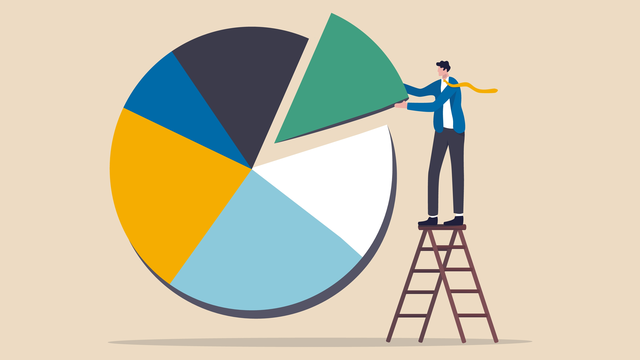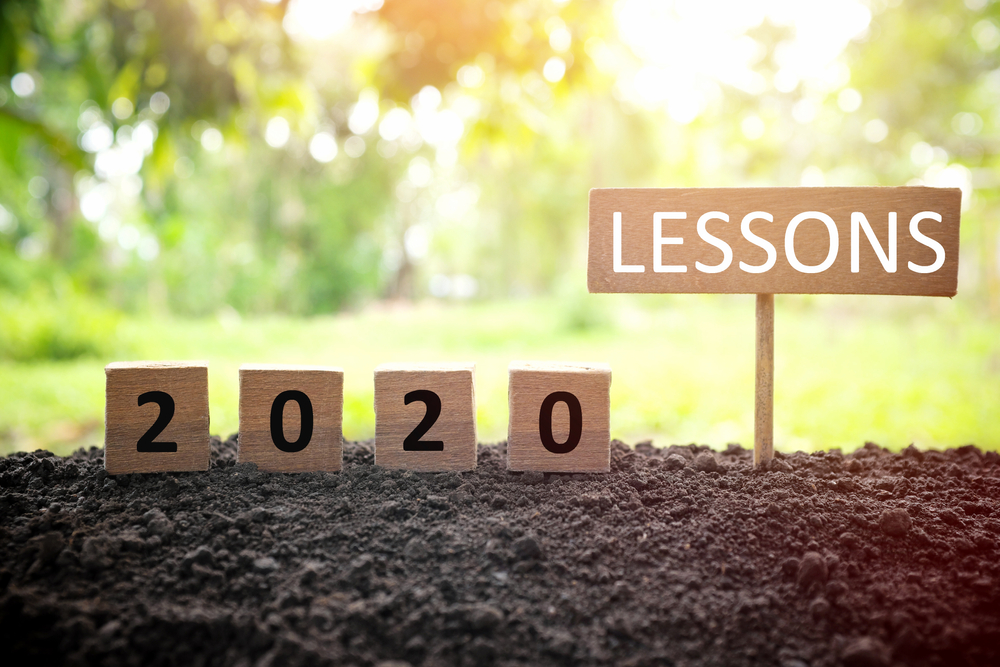Ah yes, 2020 – the year where everybody’s life changed because of a little thing called COVID-19. It’s truly crazy how something no bigger than 140 nanometres can change the course of an entire planet, but here we are, and as expected, it’s been absolutely insane.
Now I’ll get the obvious out of the way – at the time of writing this article, it’s already 2021 (and almost 2022 in fact!) Talking about 2020 is clearly so last year. But if anything, I think that’s what makes it the perfect time to reflect on that year. We often tend to reflect on the year right as it ends, but in truth, the best, most thorough processing comes with some distance. And now that we’ve had almost a year to reflect on 2020, we can also allow the best lessons from that year to finally blossom.
And as an entrepreneur and investor myself, I’ve definitely learnt a lot of investing lessons from 2020 that only now, in 2021, can I really sit down with and appreciate with as much objectivity as I can give it.
Here’s a list of five investing lessons I picked up from 2020 – the most insane year of most of our lives:
1. Don’t let emotions control your investments
2020 was a year wrought with high emotions of sadness, grief, anger, and regret, as well as being stuck indoors to face all of those emotions ourselves. It should be obvious then, that emotions were probably just as high for investors seeing their portfolios crumble as the economy floundered.
We often hear about how emotional investing is a terrible idea, and you should go with your brain more than just your gut or feelings. It seems easy in theory, but 2020 truly tested our ability to keep that in mind.
Those who were able to avoid panic selling and immediately switching from stocks to cash are in better places financially now that the market has gone back up. So next time the market dips like the way it did in 2020, don’t give into fear. Instead, stay the course, and trust that the long-term gains will matter more than the short-term relief.
2. Seize Opportunities During Bad Times
The converse is also true – sometimes you need to do what isn’t intuitive. In the case of investing, it’s important to fight your urges to avoid buying when things are bad. Common sense might tell you that investing more money when your portfolio drops is wrong, and you should immediately start liquidating so that you don’t go bankrupt.
However, as the great Warren Buffet famously said, “You need to be greedy when others are fearful.” This means you need to add money to things that drop in value, because when they bounce back, you’re sure to get a bountiful reward.
Buy low sell high is a good way to make money, and a volatile year like 2020 gave me the opportunity to do just that.
3. Diversification is Essential
Another one of those old business cliches is being told to diversify your portfolio. The logic is simple enough – when one asset is down, the other ones you have might not be – essentially saving your portfolio of any and all future heartache.
But it’s easy to fail at this. When you see a good performing stock, it’s human nature to want to invest all of your money into it, hoping the returns you see now grow more and faster than a diverse profile could. Believe me, I’ve always been tempted to do the same. It’s normal to want to go 100% when something’s going well.

But 2020 taught me that fighting the volatility of the market is essential to making sure you stay afloat. You can’t put all your eggs in one basket because bad times do, in fact, happen, and they did in 2020. Your portfolio can and will go down 20 percent or even more when you least expect it, so you have to fight it off by spreading out and diversifying.
4. Sometimes Doing Nothing is the Best Approach
When things get rough, many investors think that it’s the perfect time to start experimenting with their investments. It makes sense, after all, watching all your holdings go up and down and down some more can be really unsettling, and make anybody anxious. When things like that happen, the feeling can cause people to invest more and try to find little tweaks that can boost their portfolio’s importance. Because hey, there’s nothing to lose when the portfolio’s already bad, right?
Actually, sitting on your investments might actually be the best approach to investing in these volatile times. I know I did in 2020, and that’s why, as the economy has slowly started to bounce back, I’m currently reaping the rewards of patience and not giving in to my desire to completely control my situation. Had I done the opposite, I might’ve been in a worse place, or at the very least, starting back from scratch.
2020 taught me that when times are uncertain and turbulent, sometimes the best thing to do is to avoid big mistakes. Staying put can keep you alive because mistakes tend to happen when you do too much, instead of not doing enough.
5. Emergency Fund Matters
Having an emergency fund is one of those fundamental principles of investing that we tend to take for granted. Sometimes it’s so tempting to just chip at that money you’ve set aside because “Eh, that emergency will never happen.” But if 2020 taught us anything, it’s that emergencies exist, and that you’re screwed if your emergency fund doesn’t.
Make sure you save up a sizeable amount of money so that you can weather any storm that comes ahead, from the ones as small as a virus to the ones as big as a pandemic.
To your success,
Mario
[Visit www.mariosingh.com now to enjoy a FREE e-book of my latest “37 Essential Principles for Massive Success” when you subscribe!]





